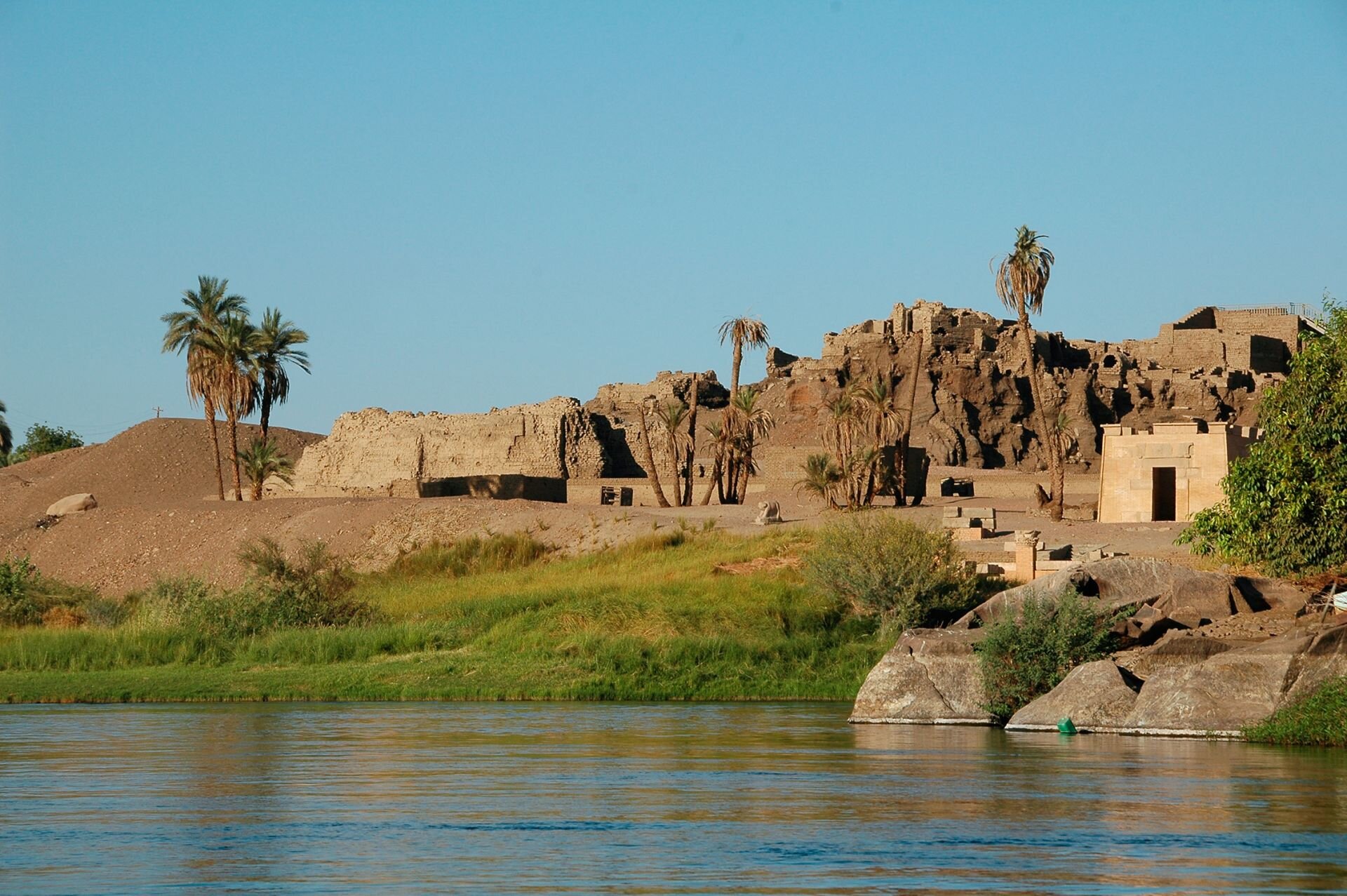The Names Given to Egypt Throughout History
By Kenzy Fahmy
Egypt has perhaps one of the longest histories of any civilization on Earth, and over the course of more than 6,000 years and several foreign invasions she’s been given many names, each reflecting her rich heritage and cultural, political and geographical importance.
The ancient Egyptians called her Kemet, the black land, a reference to the dark fertile soil that resulted from the yearly flooding of the Nile. Deshret, meaning the red land, was their name for the deserts that stretched to the east and west of the Nile Valley, and very likely the origin of the word ‘desert’. Considering the profound connection the ancient Egyptians had to the land, naming the country after the color of the soil makes perfect sense and shows just how deeply they valued and respected the earth.
The Egyptians later started referring to the country as Hikuptah – Ht-kaw-ptah – the name given to the city of Memphis, “home of the soul (or twin) of Ptah”. One theory suggests that it was the Greek mispronunciation of this name that led to the name Aegyptos, and that ‘Egypt’ and ‘Copt’ are both derivatives of this. In fact, one of the terms historically used for the Egyptian people, Aegypti, evolved into Gypti, the Arabic word for Coptic; at one point all Egyptians were simply referred to as Copts.
The modern Arabic name for Egypt, Misr, has its origins in the ancient Hebrew word Mizraim, with the suffix ‘–aim’ most likely referring to two Egypts: Upper and Lower. The word can also mean fortress, perhaps a reference to the natural boundaries that have protected the country over the millennia. In Arabic, the name Misr, pronounced Masr in the local Egyptian dialect, simply means country or province.
Egypt has also been affectionately named Misr El Mahrousa (the Protected) by early Arab travellers, referring once again to her protective boundaries as well as lands protected by God. Until today, Egypt is seen to be blessed, protected.
And of course, the mother of all names, Om el Donia (Mother of the World) is the name so lovingly given to Egypt as a testament to her being one of the earliest and oldest recorded civilizations. The term has been in use since the 13th century, at least, and has been recorded both in oral and folkloric traditions as well as the journals of Arab travelers going back to the Middle Ages. The term comes from a deep-rooted belief that Egypt helped birth some of the other major civilizations of our world, and even more than that, a belief that Egypt shares the nurturing and loving nature of the mother; a mother gives life, just as Egypt has done for centuries.
We would like to thank Dr. Jailan Abbas for her contribution to this article and for taking part in our Fundamentals of Living in Egypt Seminars. If you’d like to learn more about Egypt, from history and culture to insightful tips on how to get the most out of living here, make sure to sign up for one of our upcoming seminars and keep following this space for weekly posts that highlight the beauty and fascinating stories of the country.


